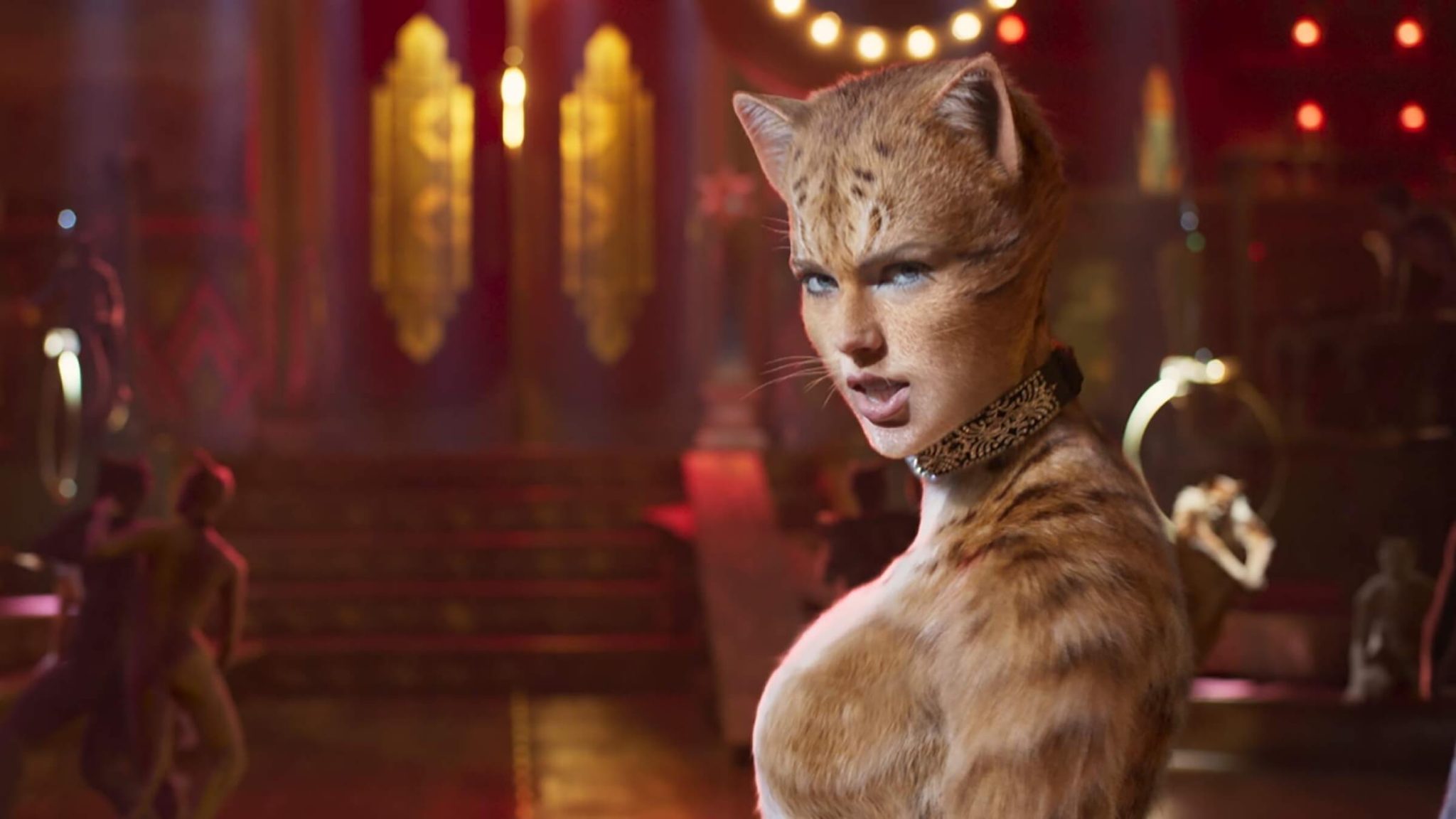How Do Bad Movies Happen?
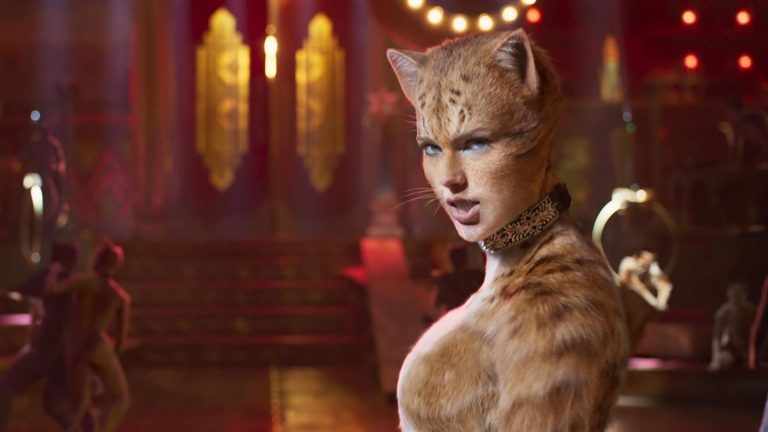
You go into the movie theater or click on a selection and two hours (give or take) later you’re left wondering, “How do bad movies get made?”
You find yourself asking:
- Is it the screenwriter’s fault?
- Is it the director’s fault?
- Is it the producer’s fault?
- Is it the actors’s fault?
- Is it the editor’s fault?
The quick go-to answer is that it’s probably all of the above.
Everyone can have a hand in a production (or post-production) going awry. But far too many times people go directly to the screenwriter and their screenplay, not knowing all that goes into the process and how many hands are in the cookie jar come release time.
With that in mind, here we delve into the question of how bad movies are made and give a little insight into the screenwriting, filmmaking, and studio-level collaborative process.
Movies Are Subjective
First things first, movies are subjective. Yes, there are objective elements to the quality of a movie. Think about the Mystery Science 3000 features, many Roger Corman (or equivalent) features, the Sharknado franchise, some Hallmark and Lifetime features, and budgetary concerns like the never-released 1994 Fantastic Four movie.
Many of those types of movies are either made for a niche audience with full expectations of budgetary limitations or less-than-stellar concepts, stories, and characters.
Hallmark, Lifetime, and Tubi Movies
Trust me. I write these things (Lifetime thrillers) for a living. While I’ve had some great movies adapted from my screenplays with lots of talented directors, cast, and crew, there’s a limitation to many of these types of feature films:
- Limited budgets
- Limited casting pool
- Limited time to develop the script
- Limited shooting schedules
Beyond that, the concepts and genres (romantic comedies and thrillers) are fairly routine because the platforms depend on their audience.
Their audience knows what they want. They want simple, fun, and sometimes cheesy rom-coms or thrillers. The audience’s expectations are basic, with them looking for an easy and guilty-pleasure viewing experience. So, naturally, the platforms cater to that and try to put out as much content as possible.
If you want to be a pro screenwriter working in a sandbox that has lots of opportunities to be hired for assignments and actually see your work being produced and distributed, Hallmark, Lifetime, and Tubi are the places to go. They make and release more movies than any of the studios combined.
It can be likened to the old Roger Corman days when the legendary producer made more movies than anyone. He made them fast and cheap, and could usually turn a profit through creative theatrical distribution and home entertainment.
These movies may not be up to par with major studio, network, and streamer releases—but they represent a niche audience that wants more and more of them.
Read More: How Screenwriters Pitch, Sell, and Write for Lifetime

'Death Clique' (2014)
Big Studio Tentpole Movies
Some are great. Some are bad. But it’s important to remember that these types of tentpole movies are there to do one thing—entertain. Going deeper than that, they are meant to sell tickets. Plain and simple.
So, yes, the Fast and Furious or the Jurassic World franchise movies may make no logical sense when it comes to real-world physics and character and story plausibilities—but they sure do entertain the masses.
These types of movies are called tentpoles because they can represent the big top tents of the circus where people come to see what is expected of any circus—clowns, circus animals, death-defying stunts, etc. Audiences have seen all of these things before, but they come every year for more of the same. That is what tentpole studio movies are.
Sharknado and Other SyFy Shlock
Once again, the people writing and making these movies know full well what they are writing. In fact, they come out with the most ridiculous titles and premises on purpose.
Why? Because that’s what gets people to click on them.
Once again, we can compare these to the old Roger Corman days when he would produce genre movies with no budget and rushed scripts to put something on the screen (or VHS covers) that could attract genre fans or anyone looking for a guilty pleasure.
They make these types of bad movies on purpose.
Read More: Three Things Producers Want in a Screenplay
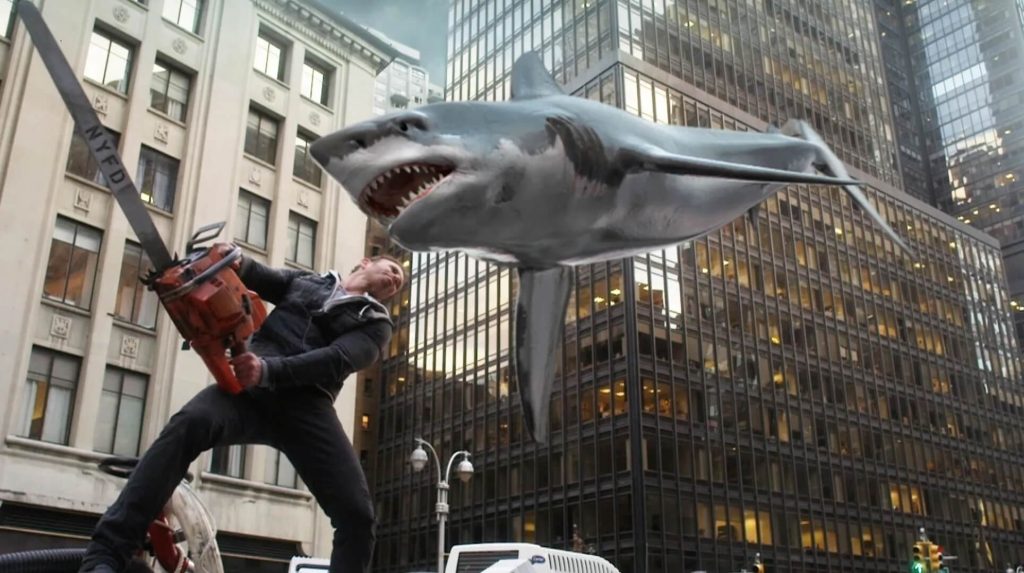
' Sharknado 2: The Second One' (2014)
5 Reasons Why Bad Movies Happen
OK, now that we know a little context as to why Hollywood makes bad movies, let’s talk about why some movies not meant to be “bad” actually turn out that way.
1. Rushed Productions
Rushed productions are probably the biggest culprit when it comes to bad movies being made. The studio system is money-driven. Studio executives have to please corporate shareholders, so they are forced to release X amount of movies to turn over a certain expectation of profit.
There’s often no time to do yet another rewrite of the screenplay before the film goes into production. Why? Because a release date has already been set. Not to mention the fact that the directors and actors only have a window of time to make the movie under their contract stipulations.
Because of all of this, movies are rushed into production with completed script drafts, without time for proper special effects, without time for proper editing, etc.
2. Too Many Hands in the Cookie Jar
Sometimes projects have plenty of help—maybe too much help. Hollywood is known to over-produce things as well:
- They’ll bring in multiple writers to work on multiple drafts.
- Multiple producers will want to have their say.
- Multiple development executives will have their own vision.
- Movie stars will want their opinions heard and applied as well.
When this happens often during production or in post-production, the script is far from where it was before. Why? Too many hands in the cookie jar.
3. Bad Production and Post-Production
Whether it’s because of too many hands in the cookie jar or for other reasons we’ll mention below, bad production and post-production decisions and mistakes can turn a great script into a lousy movie.
- If the director wasn’t a good captain of the ship, the script’s true intentions can be lost in translation. Things can be overlooked, overdone, or underserved.
- If producers and studio executives get overly involved with their own wants and needs, the director can end up with a mess come editing time.
- If the director, crew, cinematographer, editor, and producer(s) aren’t on the same page, it’s going to show in the end product.
Read More: 3 Tricks of the Trade Screenwriters Can Learn From Directing

'Justice League' (2017)
4. Paralysis of Analysis or Oversight
Two opposite sides of the spectrum:
- Paralysis of analysis is where marketing executives, studio executives, producers, and directors put too much time into analyzing the potential success of a film either through multiple edits or edits driven solely by test audience reactions.
- Oversight where the same people were on cruise control throughout the whole process, missing crucial elements.
This happens a lot. It’s usually the result of too many hands in the cookie jar on the studio level. An outstanding script can be adapted so poorly that it barely resembles what it was before the screenwriter handed over their final draft.
5. The Script Was Bad
Hey, it happens. Sometimes it’s solely on the writer who failed to write the best script possible by the deadline. Other times it is partly because of multiple notes from multiple people that force the screenwriter to write a script that seems disjointed.
And, sure, sometimes the screenwriter leaves too many plotholes in the script that were lost during the development and filmmaking process.
Movies Are Hard to Make
In the end, everyone needs to remember that movies are very hard to make. It’s even more difficult to make ones that are amazing and worthy at the box office and during awards season. The classics we know—and the contemporary success we see each year—are lightning in a bottle.
It’s a collaborative medium. The movie can’t exist without a great script—and the script cannot come to life with studios, production companies, producers, financiers, directors, actors, casts, crews, and editors.
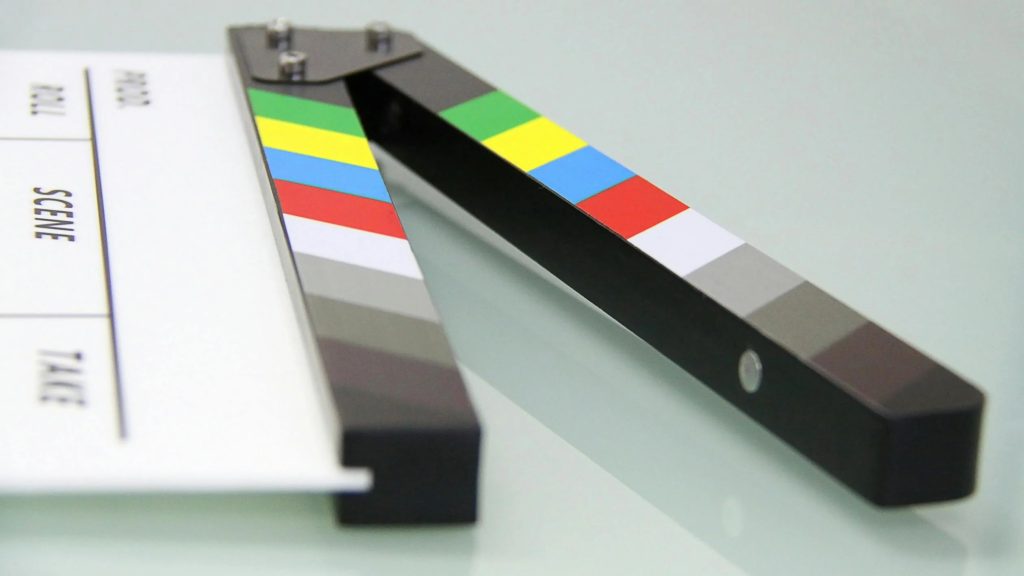
---
So the next time you ask yourself, “How do bad movies like this happen?” remember that at least a lot of people were employed thanks to that movie—including screenwriters. And, yes, sometimes movies are made that way on purpose because there’s an audience for it.
Nobody sets out to make a bad movie. It’s just pretty difficult to capture that lightning in a bottle.
Read More: How to Differentiate Good Writing From Bad
Try our Genre Notes and get matched with a reader with relevant industry experience!
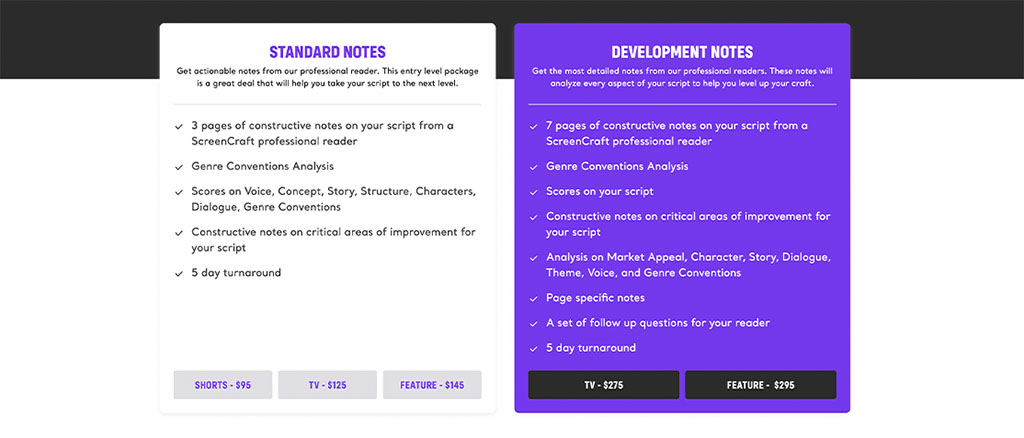
Ken Miyamoto has worked in the film industry for nearly two decades, most notably as a studio liaison for Sony Studios and then as a script reader and story analyst for Sony Pictures.
He has many studio meetings under his belt as a produced screenwriter, meeting with the likes of Sony, Dreamworks, Universal, Disney, Warner Brothers, as well as many production and management companies. He has had a previous development deal with Lionsgate, as well as multiple writing assignments, including the produced miniseries Blackout, starring Anne Heche, Sean Patrick Flanery, Billy Zane, James Brolin, Haylie Duff, Brian Bloom, Eric La Salle, and Bruce Boxleitner, the feature thriller Hunter’s Creed, and many Lifetime thrillers. Follow Ken on Twitter @KenMovies and Instagram @KenMovies76
Get Our Screenwriting Newsletter!
Get weekly writing inspiration delivered to your inbox - including industry news, popular articles, and more!



